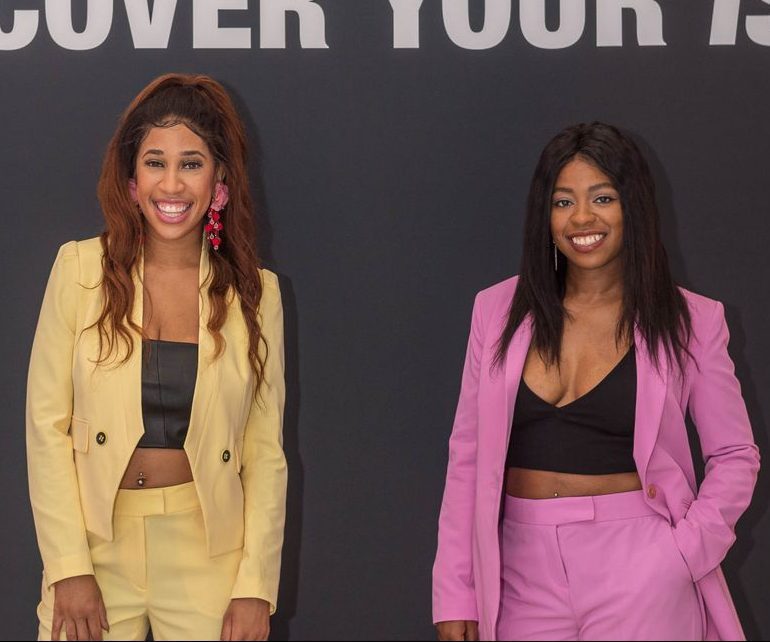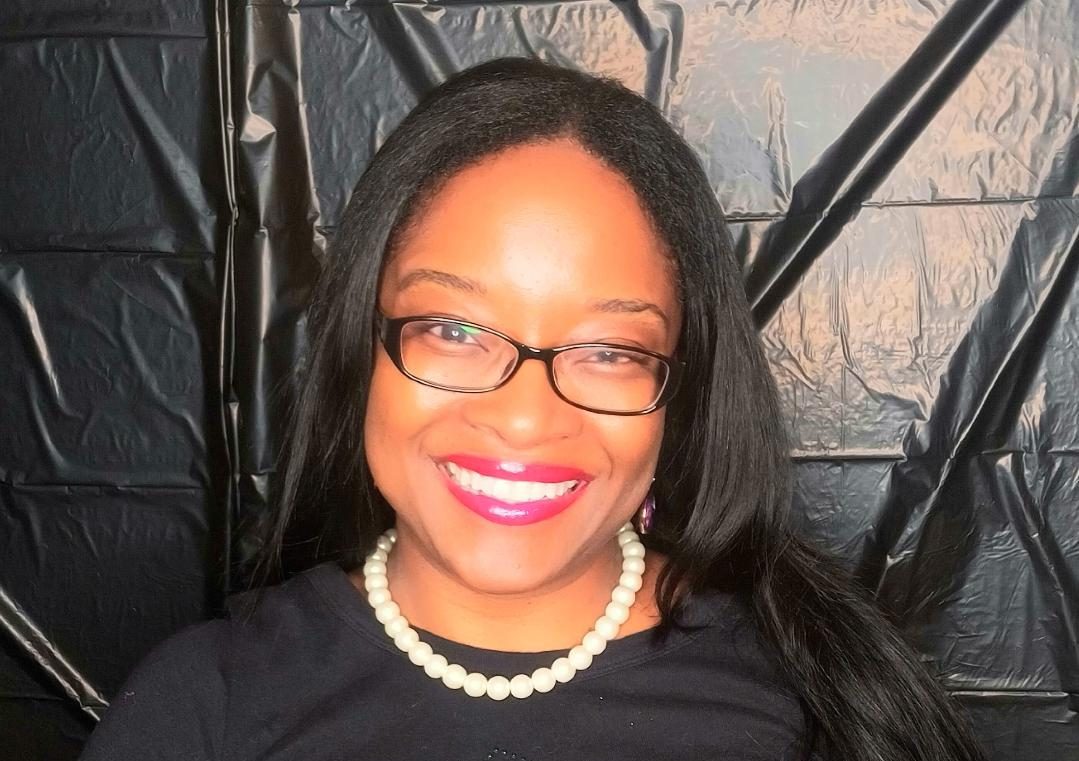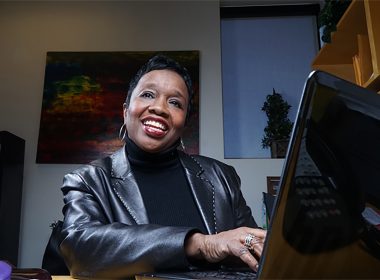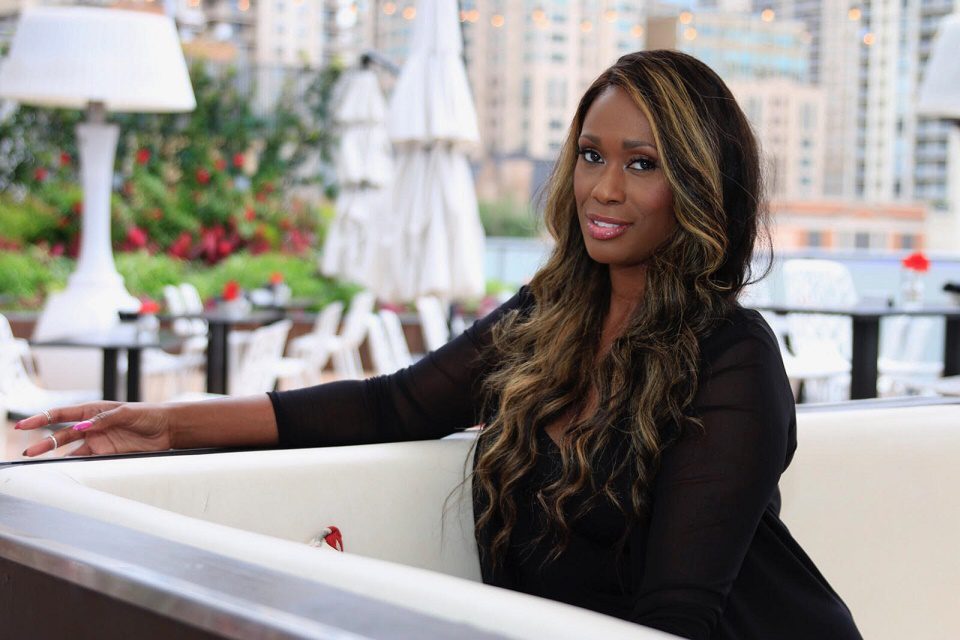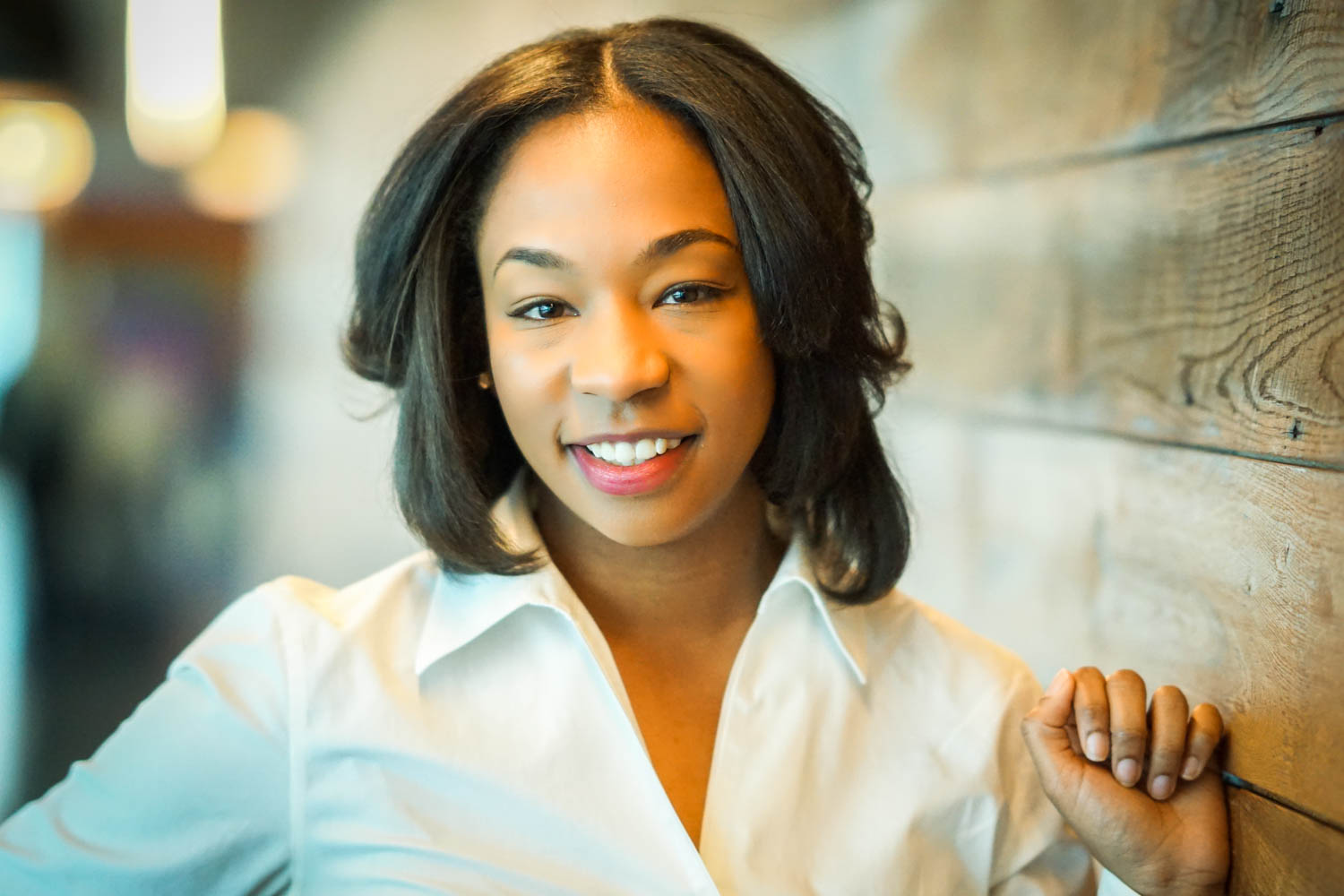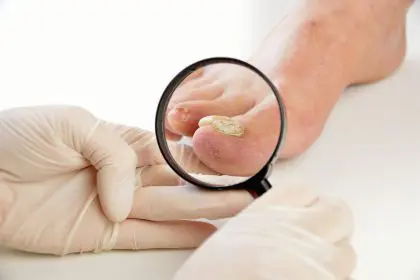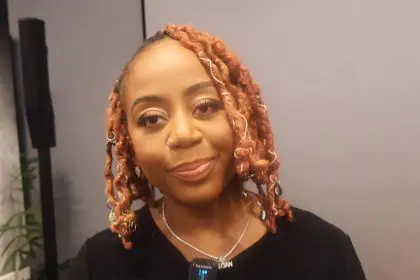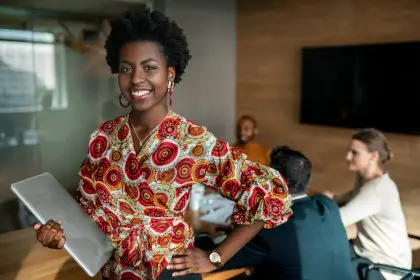
Sarah Draugelis is just as passionate about her dancing as she is about saving lives around the world. We spoke with her about being a ballet dancer and how her nonprofit, Team fEMR, helps to save lives.
What inspires you to show up at work every day?
I’ve been training to be a professional ballet dancer since I can remember. The motivation to get to this point is so intrinsic that I can’t put it in words. However, the technical nonprofit company that I’ve co-founded and which now takes up a majority of my time is Team fEMR. We have an electronic medical record system designed for use in short-term clinics in areas with limited access to the internet or electricity. We are using it to improve the continuity of care provided by transient volunteer clinicians. This idea that we are working toward something larger than ourselves and that we have collectively innovated and we have the potential to help people is so rewarding. I get excited to work on it every day.
How did you determine your career path?
I’ve wanted to dance since I can remember, so I don’t have an answer for that. It almost feels like that career chose me. But in regard to fEMR: I was volunteering in clinics in the aftermath of the 2010 earthquake in Haiti and we lost a patient to complications from gestational diabetes. When I got back to the States I learned that there had been another group volunteering in the same village just one month prior. I was devastated. Had we [been] emailed about that patient, my team would have brought insulin with us and saved her life. I knew there needed to be a change in the way these volunteer efforts are done: there needed to be more communication and some level of accountability. I brought the idea up with my friend and colleague, Dr. Erik C. Brown and we got the ball rolling. Once our third co-founder and technical lead, Kevin Zurek, joined the team, the three of us have never looked back.
Describe the skill sets that will be essential to future business leader and innovators?
Grit. I know this isn’t technically a skillset, but it’s arguably more important. What makes my colleagues at fEMR stand out is that none of us are scared to fail. The older I get I realize how rare that is. The key is though, you have to have the grit to get through those failures, and obtain the skillset that prevents the failures from happening again.
Describe goal setting methods you use and how you evaluate your success.
I write down my goals. on paper, with a pen, daily, weekly and monthly. There’s something about being brutally honest with yourself and seeing it in front of you that lights the fire a bit more.
Name three books that changed how you saw life that you recommend to others.
Islam: A Short History by Karen Armstrong
Outliers by Malcolm Gladwell
Bleak House by Charles Dickens
Describe why lifelong learning is important to you.
The best gift my parents ever gave me was an insatiable thirst for knowledge. I’ve found time and time again when there’s a problem that the answer usually has something to do with education- educating others, educating myself, and/or communicating between professions.
What are the three most important factors of being a successful woman?
Be confident, stay humble, and never stop learning.
Technology plays what role in your daily life?
Our nonprofit is by definition at the intersection of research, technology, medicine, and philanthropy. Our team is also nation-wide, so we use technology to communicate on the daily.
What social media or digital tool has made the biggest difference in your life and why?
Instagram is a great platform for artists. I’ve gotten hired for a few photoshoots based off of that social media.
If you could change one thing about the world, what would it be?
I wish everyone could see things from “the other’s” point of view.
If you could change one thing about yourself, what would it be?
I wish I would work more efficiently. I’ve always worked hard, but I wonder if I could reach the same end point faster sometimes without sacrificing quality. I’m working on it.
Who or what motivates you and why?
My colleagues . I’m lucky enough to be surrounded by really hardworking and smart people. If I don’t push myself every day I won’t be able to keep up with them!
What are the do’s and don’ts for young women in business?
1.) Work as if nothing is handed to you. All the time. Especially the younger generation. Take accountability for yourself, youngsters!
2.) Work, think, dress for the job you want. Always. Everything matters. It’s about holding yourself to high standards even when nobody is looking.
1.) Don’t forget to have fun. If you don’t love what you are doing than do something else.
2.) Don’t try to be someone you are not. Be organically you- that itself is a unique asset that will bring something to the table that no one else can.
How do you successfully grow from business failure?
Learning from it to make sure it doesn’t happen again. Always take something positive from it. There was this one grant that was one of the first I had ever applied for. Filling out the application itself takes about 60 hours, let alone all the hours of planning, and I had never written a grant before. My life revolved around this grant for the better part of a month or two- many late nights and early mornings. It was so perfect for our company. When it was time to submit, we didn’t even make it through the first round because of some technical error. That was hard to swallow, but what it did was give our group focus and goals that I had outlined in the timeline. There was a lot we could accomplish without the money anyway. It really launched us into a good direction, and was sort of a necessary evil in that sense.
Name your three most successful female role models and explain why you hold them in high esteem.
My mother, I’ve never met anyone more empathetic than my mum. She has this uncanny ability to make anyone feel comfortable and cared for, but she’s also very strong. In her eyes, there is ALWAYS another way. You should meet her.
Michelle Obama, no explanation needed here.
Judith Faulkner, she’s the CEO of the for-profit electronic medical records company, Epic. She started as software developer, not as a business person. I can relate. I didn’t set out to start a business, but rather, to solve a problem. The business side is just a means to get there. She was named by Forbes at one point as the world’s most powerful woman in healthcare, and I think about half of all Americans have an Epic medical record. I wonder sometimes if she and I are the only two females in the world that run EMR companies.

